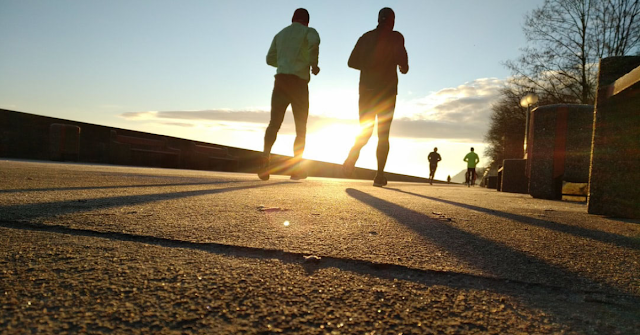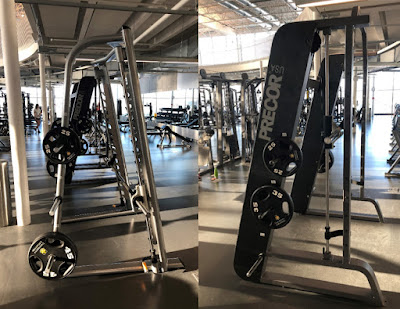Exercising to Cope with Stress and Anxiety
by Adam Toffan, M.Sc, NSCA-CSCS, CSEP-CEP Assistant Fitness Training and Assessment Coordinator, Recreation Services at the University of Manitoba
COVID-19 has affected our lives in many ways. The risk of illness for you and your loved ones, potential loss of employment and lack of human contact can all have adverse effects on our mental health. This is where exercise comes in. The well-documented positive impact of physical activity on mental health shows it not only improves physical fitness but works as a coping mechanism for stress. While finding ways to exercise may be more challenging with gyms closed, we need to make it a priority during these uncertain times.
COVID-19 has affected our lives in many ways. The risk of illness for you and your loved ones, potential loss of employment and lack of human contact can all have adverse effects on our mental health. This is where exercise comes in. The well-documented positive impact of physical activity on mental health shows it not only improves physical fitness but works as a coping mechanism for stress. While finding ways to exercise may be more challenging with gyms closed, we need to make it a priority during these uncertain times.
Stress can affect your ability to concentrate and can cause general fatigue. People deal with stress in different ways, from sleeping, listening to music, talking to friends or exercise. Of these various methods, staying active is the most recommended by health care professionals. Studies show being physically active can reduce fatigue, improving alertness and improving cognitive function. It also produces endorphins, hormones that produce a euphoric feeling similar to morphine, which directly combats the effects of stress.
Exercise can also help manage anxiety and anxiety disorders, and it doesn't take much! Some studies have shown that as little as a 10-minute brisk walk can help elevate mood in many people for several hours. But, the effects of exercise are temporary, which is why it's crucial to make exercise a habit to help manage anxiety longterm.
Aside from managing acute bouts of stress and anxiety, exercise may also help prevent anxiety and depression by helping the brain cope better with stress. People who get regular vigorous exercise are 25% less likely to develop depression or anxiety over the next five years.
So what kind of exercise is best for stress and anxiety? The answer is any activity is helpful. However, regular moderate to vigorous aerobic exercise works well to reduce symptoms associated with stress and anxiety by producing endorphins. You can briskly walk around the house, go for a walk/jog around the block or do a strength circuit in the home or yard. The key is to do something with a little intensity.
Relaxation techniques, such as yoga, can also help reduce anxiety. The stretching helps reduce tension while the focus on breathing helps slow down and calm the mind.
While exercise doesn't work for everyone, it is proven to have a positive effect on most people.
Need help getting active? UM Recreation Services has been sharing videos and doing live streams to help you find alternative workouts until your gym reopens. Facebook Live workouts are held daily, Monday to Friday at 9 AM or noon. We also post countless additional online exercises, and virtual training is now an option with our certified trainers.




Comments
Post a Comment